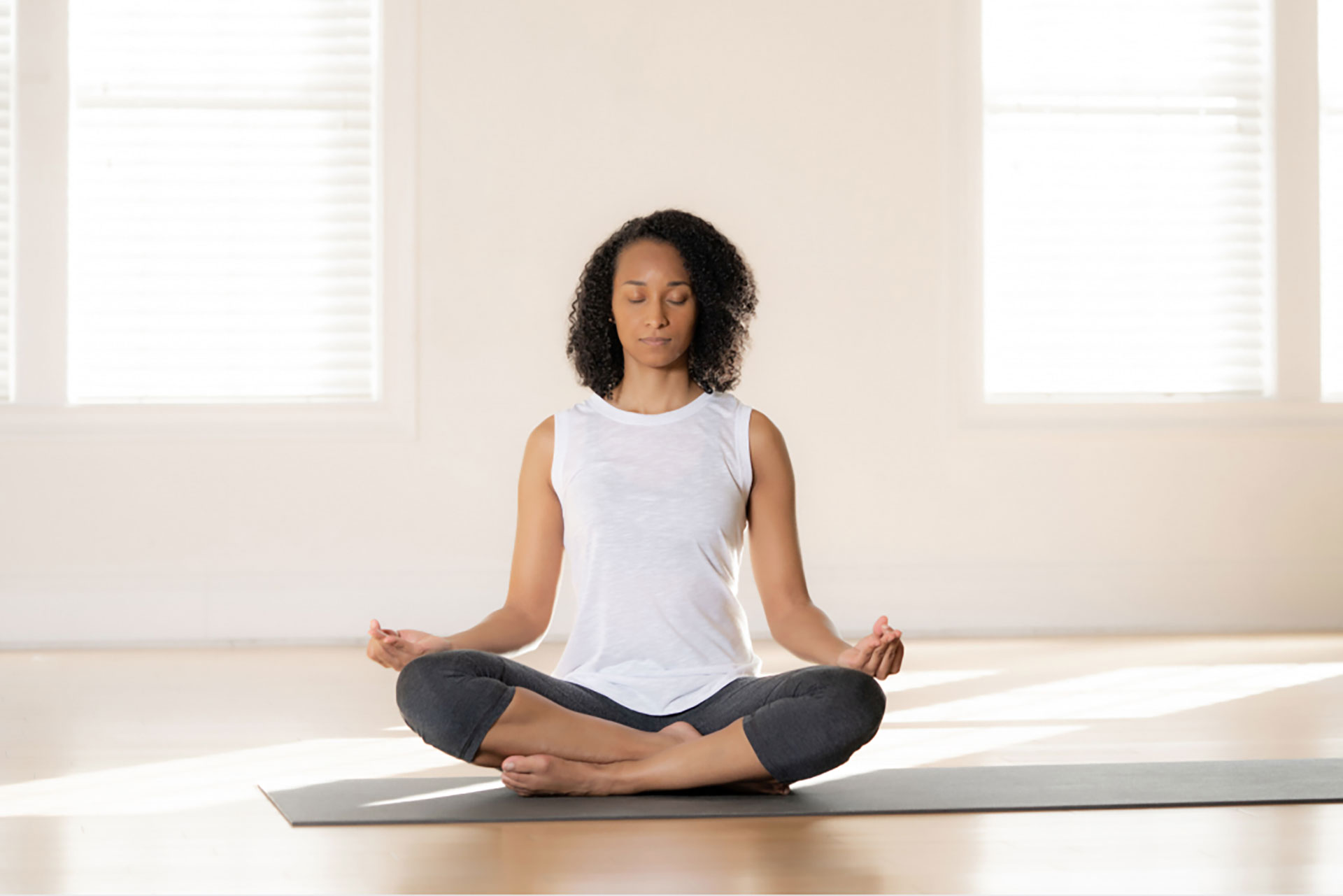Managing stress through yoga
Though stress can wreak havoc on your life, practicing yoga and improving your breath work can help manage it.
Apr 14, 2021 | Jerre Skeats

By Jerre Skeats
Stress is a fact of life. It’s never going to go away, not fully. We are inclined as humans to look for and create problems and stress. The bad news is that stress can be a killer. “Stress causes deterioration in everything from your gums to your heart and can make you more susceptible to illnesses ranging from the common cold to cancer,” according to the Association for Psychological Science's magazine Observer.
But the good news is that stress can be managed and regulated. Building a toolbox to manage stress in your life is one of the healthiest things you can do. Regular exercise, eating well and having strong social connections, for example, are great tools. But the biggest tool you can have to manage stress lies in yoga.
Why? Our nervous system has evolved through the fight or flight scenario. The nervous system is hard wired to respond to everything around you in some fashion. The trick is to manage that response so that the nervous system doesn’t shoot you full of cortisol, raise your blood pressure and heartbeat. This is the fight scenario, which triggers the sympathetic system. (The sympathetic system regulates the body’s response to stressful situations, while the parasympathetic system is responsible for the body’s actions while at rest, such as digestion or relaxation.) It’s not easy, but over time, yoga teaches you how to recognize those stress triggers and how to respond differently.
Yoga calms the nervous system, which means it activates your parasympathetic nervous system. The key to controlling the nervous system is controlling your breathing. The respiratory system is the only system in the body that we can control both consciously and subconsciously.
When we control the breath, we control the body. For example, empty your breath now: inhale through the noise and fill up, sigh it out the mouth. Do that three times and notice how you changed. That breath work immediately told your vagus nerve (a super important communication channel in your body) to chill.
When we practice yoga, we control the breath for the entire session and link body movements to the breath. Sometimes these movements are gentle and restorative, while other times they are more vigorous. Yoga is breath first, movement second. Without the breath, there is no yoga.
For over 2000 years, humans have practiced yoga. For sure, yoga is important for injury prevention and enhanced athletic performance, but that really didn’t matter so much until the modern world. Yoga has lasted this long for the mental space and health it teaches the student.
Through controlled breathing, you quiet the nervous system and the brain. This quieter mind allows you to recognize more clearly those triggers in your life that create stress. Then, yoga teaches you to accept the stress as fact and let it exist, without triggering a fight response. It sort of helps you “park” stress in a place where you can deal with it the way you choose to deal with it, rather than letting the stress manage you.
It’s not easy; it takes effort. But managing stress is the most important thing you can do for your health. Do yoga. Breathe well.
